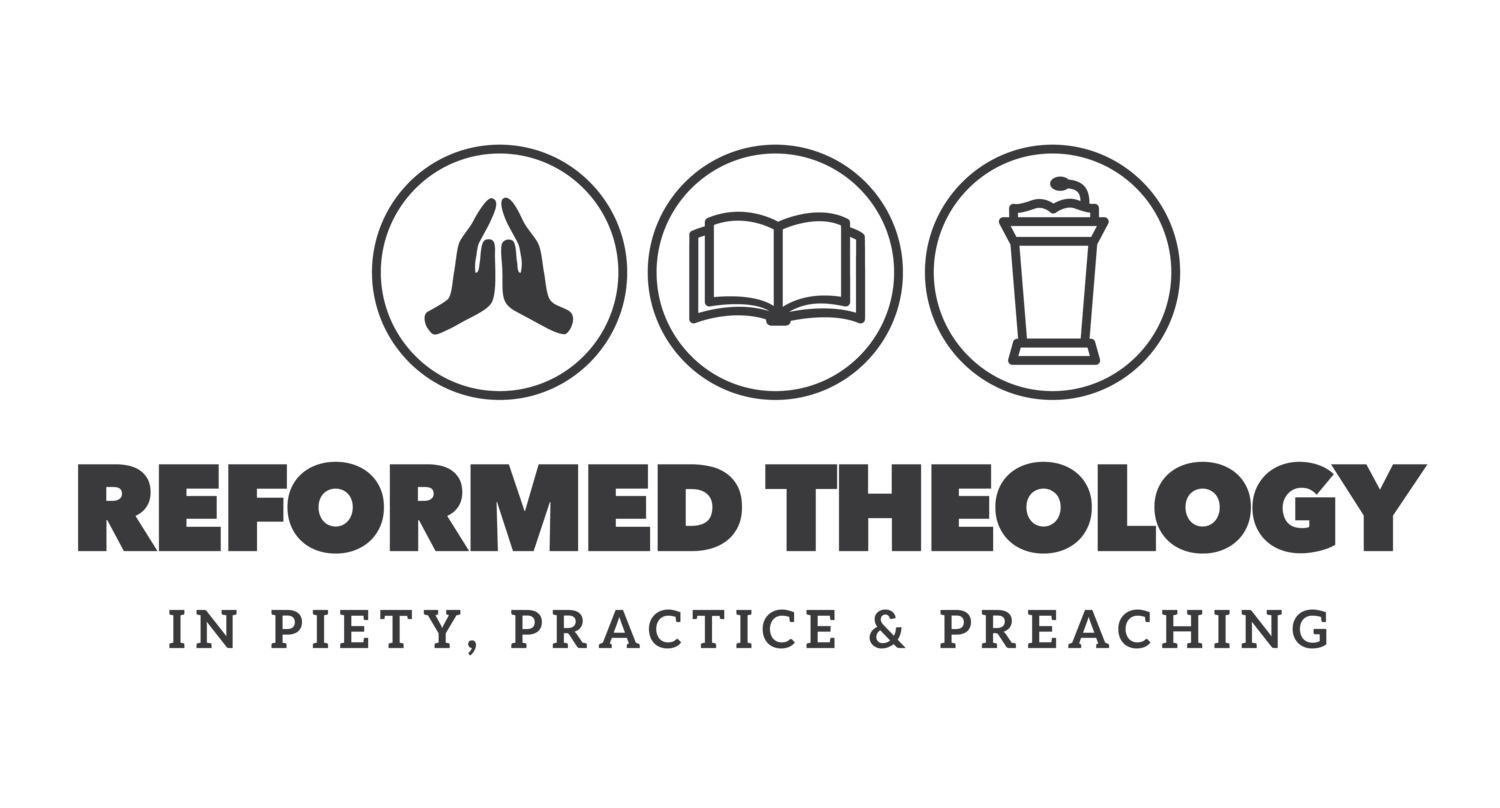One of the most important elements of being a good pastor is maintaining a good poker face when you’re counseling, that is, showing no reaction. I promise, chances are you will sit down with people in your church and hear of some crazy things. One couple told me that the neighbors called the police because in the course of an argument, the wife jumped on the hood of her husband’s car as he was trying to leave the driveway. Poker face. On another instance, I had a young woman break down in tears as she told me that her fiancé was cheating on her—with his ex-wife and also his second fiancé. Poker face.
Wearing a poker face is important because your inclination might be to raise your eyebrows, become slack-jawed in surprise, or even gasp. “You did what?!” “You said what?!” “What on earth were you thinking?!” Such responses, verbal or facial, might be entirely warranted but they also might cause your counselee to stop talking or even walk away. People need to be able to divulge their deepest darkest sins without fear of reprisal, recrimination, or ridicule. If your church members perceive that you won’t listen or will rush to immediate judgment, then they simply will not seek you out for counsel. Keep in mind that your poker face is not indifference or silent approval. Rather, you keep a poker face so your counselee knows that you’re listening and are there to help.
Once you’ve heard all of the details, calmly counsel. Inform the person how they have sinned. Show them from the Scriptures where they have failed in their conduct. Pray with them. And, if necessary, inform them that church discipline may be required. And most importantly, show your counselees their desperate need for the grace of Christ’s gospel. In other words, pull no punches, but don’t let your non-verbal or verbal reactions become a stumbling block to your pastoral counseling. There may indeed come a time where you have to let loose with a stern rebuke or disbelief regarding the foolishness of a person’s actions. But chances are, quiet and calm counsel is what’s need most often. This advice, I believe, is not only useful for pastors but also parents. If you blow up every time your child comes to you with a problem, big or small, what are the chances that he will eventually stop coming to you out of fear of your reaction? In Paul’s famous words from 1 Corinthians 13, “Love is patient,” which means don’t overreact when people confess their sins and problems. Instead calmly point them to Christ and his gospel.
